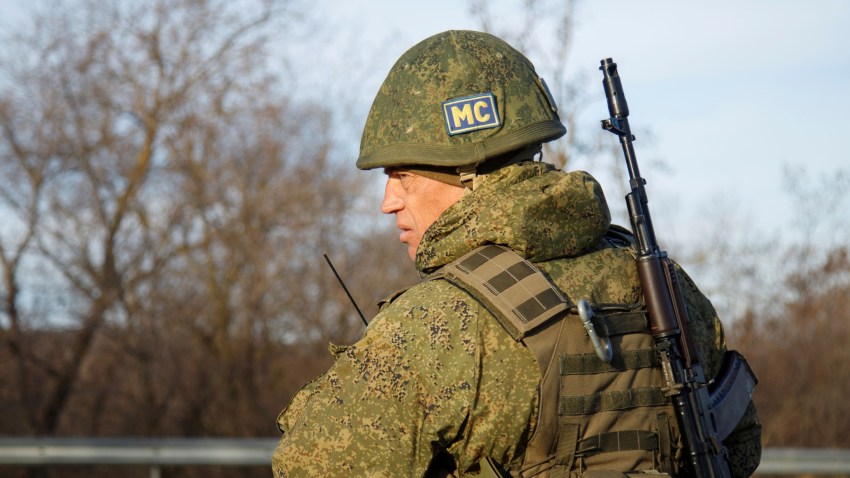When examining the past to find the roots of a present-day crisis, developments that were once dismissed as peripheral can often gain a new sense of significance. For this reason, efforts to explain why relations between Russia and the European Union collapsed over the past decade have taken a closer look at previously neglected factors, such as debates between Russian nationalists in the 1970s or power battles in early 1990s St. Petersburg. But in these reassessments of recent history, one development that perhaps represented the first step toward the current crisis between Moscow and the rest of Europe is often overlooked: the tragic events that unfolded in Moldova over 30 years ago.
Looking back at the cascade of transformative moments leading up to and following the breakup of the Soviet Union in the late 1980s and early 1990s, it is not surprising that efforts by Russian-speakers in Transnistria to break away from the former Soviet republic of Moldova were largely ignored in the West. Despite clear signs of support for the separatist region from Russian nationalists and Russia’s security services, U.S. and EU leaders dismissed appeals for help from Moldovan leaders and their allies in Romania, with both Washington and Brussels more concerned about Russia’s stability and other mounting problems. With the EU already struggling to manage the civil war in the former Yugoslavia, the speed with which Russian troops ended the conflict in Moldova in Transnistria’s favor was almost a relief for Western policymakers, despite the devastating effect the region’s de facto autonomy had on Moldovan society.
By March 1992, claims by Russian security services and army units on the ground that force needed to be used against Moldova to save supposedly oppressed ethnic Russians should have set alarm bells ringing in Washington and Brussels. But the extent to which the precedents set in Moldova—and in Georgia—entrenched neo-imperial meddling as a core element of post-communist Russian strategy was not adequately understood by Western policymakers until long after Moscow had established facts on the ground.

